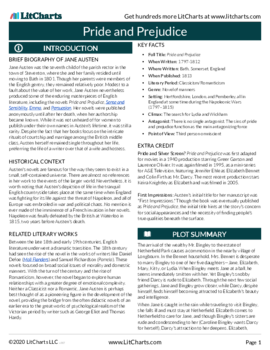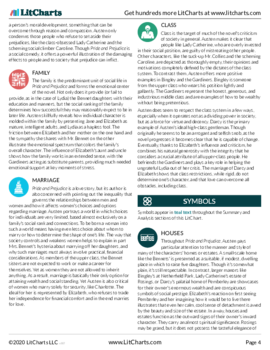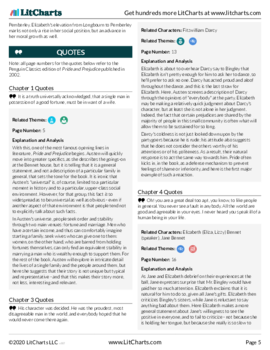- All's Well That Ends Well
- Antony and Cleopatra
- As You Like It
- The Comedy of Errors
- Coriolanus
- Cymbeline
- Hamlet
- Henry IV, Part 1
- Henry IV, Part 2
- Henry V
- Henry VI, Part 1
- Henry VI, Part 2
- Henry VI, Part 3
- Henry VIII
- Julius Caesar
- King John
- King Lear
- Love's Labor's Lost
- A Lover's Complaint
- Macbeth
- Measure for Measure
- The Merchant of Venice
- The Merry Wives of Windsor
- A Midsummer Night's Dream
- Much Ado About Nothing
- Othello
- Pericles
- The Rape of Lucrece
- Richard II
- Richard III
- Romeo and Juliet
- Shakespeare's Sonnets
- The Taming of the Shrew
- The Tempest
- Timon of Athens
- Titus Andronicus
- Troilus and Cressida
- Twelfth Night
- The Two Gentlemen of Verona
- Venus and Adonis
- The Winter's Tale
plus so much more...
-
Lines 1-3
The first lines of "Non sum qualis eram bonae sub regno Cynarae" plunge readers into a luxuriant world of wine, kisses, and hauntings. Right from the start, the poem's tone is both sensuous and sad.
The speaker begins with a direct apostrophe:
Last night, ah, yesternight, betwixt her lips and mine
There fell thy shadow, Cynara! [...]This Cynara seems to be a lost lover—and one the speaker can't forget, even as he relishes the "kisses and the wine" of what otherwise sounds like a pretty enjoyable evening. Whether she's dead or simply absent, Cynara is a "shadow" that remains out of his reach. But his apostrophe to her suggests that she's also always with him—at least in some way.
The speaker's use of archaic words like "yesternight" and "betwixt"—along with his image of Cynara's "breath" falling on his very "soul"—makes him seem like a romantic fellow. So does the rhythm of his verse. Take a look at the way he uses caesura in these first three lines:
Last night, || ah, || yesternight, || betwixt her lips and mine
There fell thy shadow, || Cynara! || thy breath was shed
Upon my soul between the kisses and the wine;These mid-line pauses slow the poem's rhythm down before it's even had a chance to get into gear, inviting readers to linger over these words. The "ah" emphasizes this effect, since it sounds drawn out like a long sigh between commas.
This stanza also starts a pattern of caesura that will continue throughout the poem: the speaker never once says Cynara's name without following it up with a dramatic exclamation point. The thought of her, it seems, stops him sharply in his tracks.
Although these opening lines (and the entire poem, for that matter) don't provide any identifying information about the speaker, it's clear that the speaker bears a strong resemblance to the poem's author, Ernest Dowson. Dowson was a member of the melancholy but pleasure-loving Decadent movement, and often wrote about (and suffered from) tragic love. Since it's clear that this poem will explore those themes, it seems fair to conflate the speaker with Dowson himself.

|
PDF downloads of all 3054 of our lit guides, poetry guides, Shakescleare translations, and literary terms.
PDF downloads of all 1910 LitCharts literature guides, and of every new one we publish.
Learn more
|

|
Explanations for every quote we cover.
Detailed quotes explanations (and citation info) for every important quote on the site.
Learn more
|

|
Instant PDF downloads of 136 literary devices and terms.
Definitions and examples for 136 literary devices and terms. Instant PDF downloads.
Learn more
|

|
Compare and contrast related themes.
Compare and contrast Related Themes across different books.
Learn more
|

|
Teacher Editions for all 1910 titles we cover.
LitCharts Teacher Editions for every title we cover.
Learn more
|

|
PDFs of modern translations of every Shakespeare play and poem.
PDFs of modern translations of every Shakespeare play and poem.
Learn more
|

|
Advanced search across our collection.
Advanced Search. Find themes, quotes, symbols, and characters across our collection.
Learn more
|

|
Line-by-line explanations, plus analysis of poetic devices for lyric poems we cover.
Line-by-line explanations, plus analysis of poetic devices for every lyric poem we cover.
Learn more
|


For every lyric poem we cover.



Literature Guide PDFs
LitCharts PDFs for every book you'll read this year.



Quotes Explanations
For all 42,228 quotes we cover.





Teacher Editions
Time saved for teachers.
For every book we cover.
Common Core-aligned



PDFs of modern translations of every one of Shakespeare's 37 plays, 154 sonnets, and 3 longer poems.


Plus a quick-reference PDF with concise definitions of all 136 terms in one place.





















